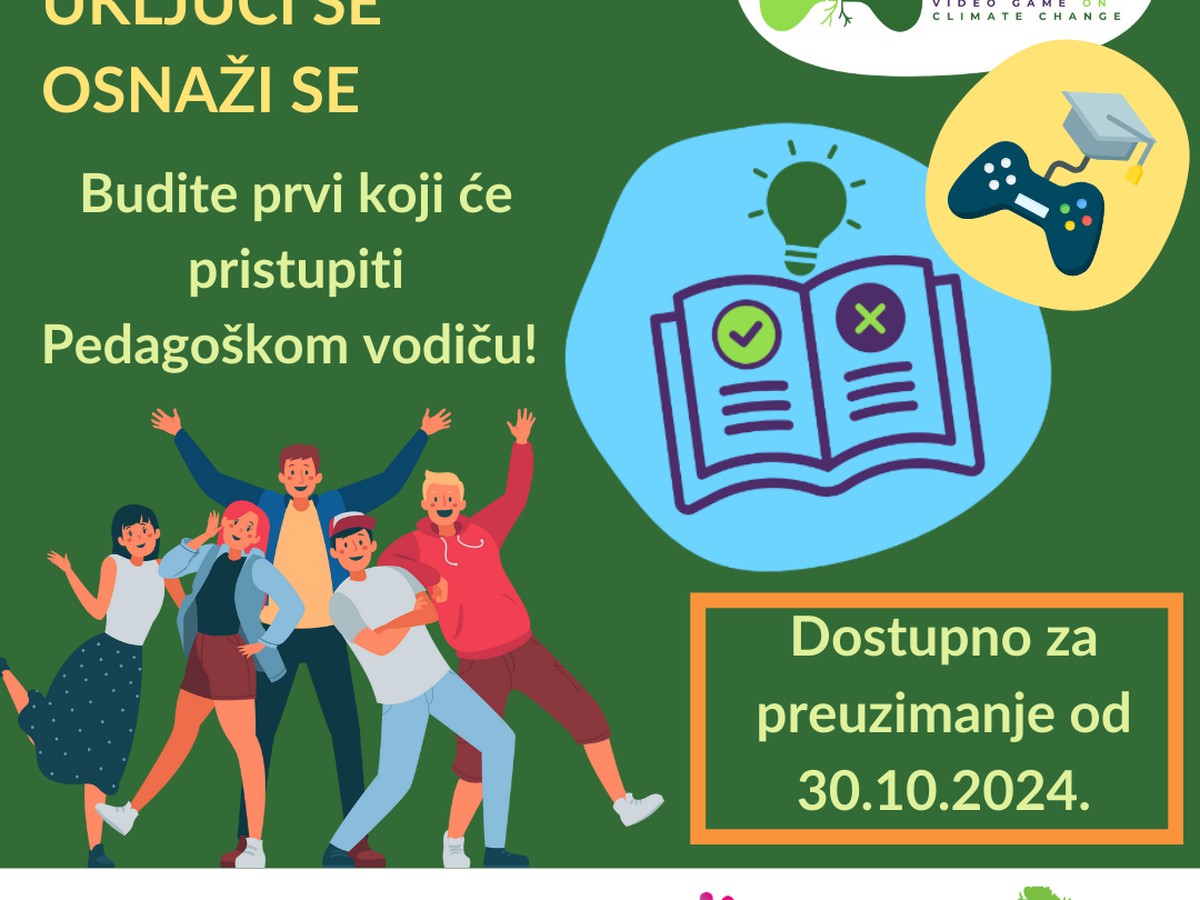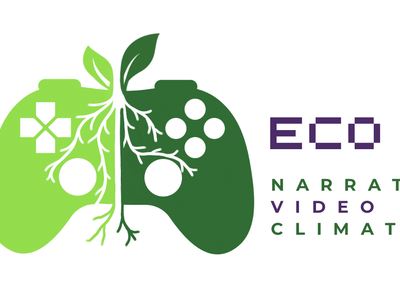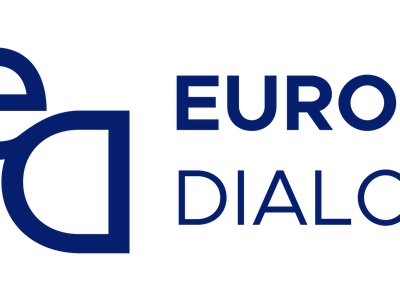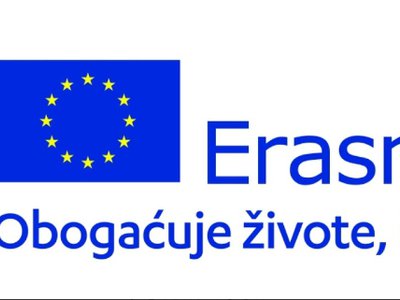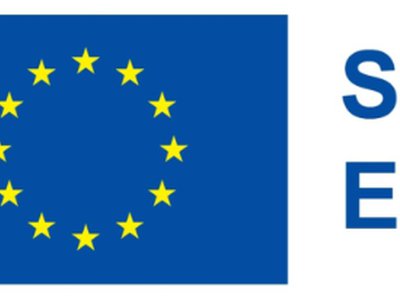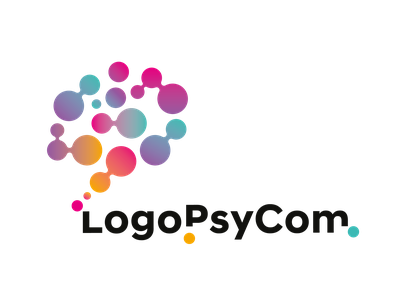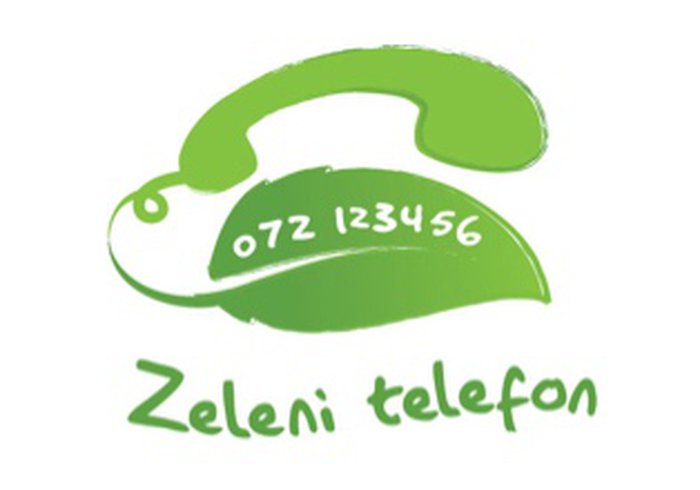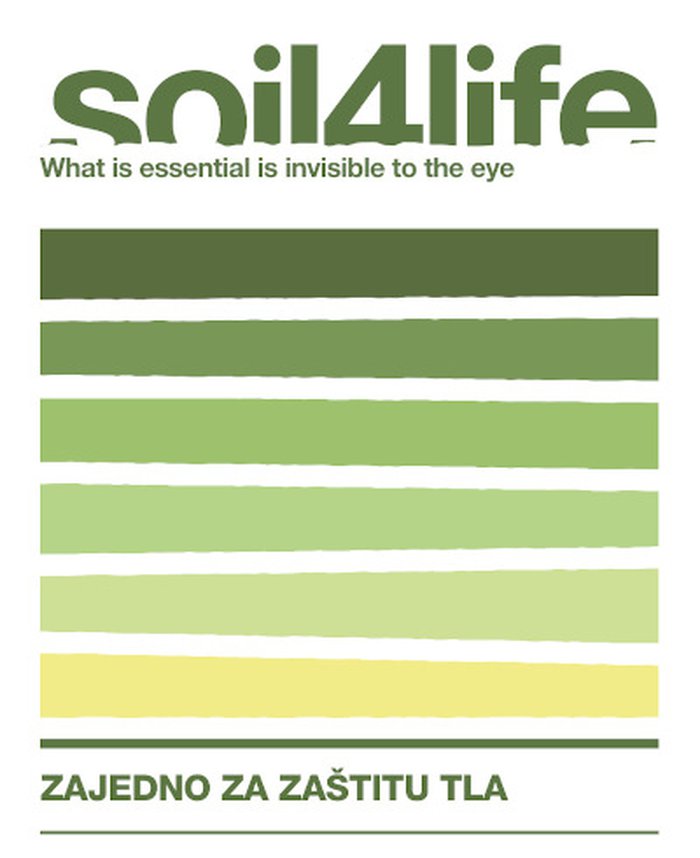Pedagogical guide for green education, created as part of the EcoQuest - Narrative Video Game project, will be available for download in English starting October 30, 2024 on project web page EcoQuest. This guide is intended for anyone working with young people and offers the tools and knowledge necessary for their active participation in environmental preservation and the fight against climate change.
The chapters included in the guide are:
Introduction to Green Education
The guide begins with the fundamentals of green education, emphasizing key goals and principles. It will also address how to create an inclusive learning environment that fosters ecological awareness among youth.
Understanding Earth's Dynamics
This chapter focuses on key concepts such as the environment, ecology, biodiversity, and climate. It will explain the impacts of climate change and the diversity of microclimatic conditions, providing a basic understanding of these concepts.
Empowering Youth and Taking Action
This section focuses on youth participation and advocacy. It will provide tools for advocacy and public communication that encourage young people to take initiative in their communities.
Media and Information Literacy
This chapter is aimed at developing critical thinking and responsible data usage. It will explain the principles of ethical public information, which are crucial for forming informed and responsible young individuals.
Storytelling and Gamification
Key elements of the guide will include the use of games and storytelling as innovative educational tools. Examples of using video games in green education will provide new approaches to engaging youth.
EU Environment and Climate Policies & Participation Opportunities
This chapter explores the innovative application of video games as a tool for environmental education.
This guide offers practical advice and resources that will assist in educating and activating young people on environmental issues!
The guide in Croatian will be available for download on November 11, 2024.
Funded by the European Union. The views and opinions expressed are those of the author and do not necessarily reflect the views of the European Union or the Executive Agency for Education and Culture (EACEA). Neither the European Union nor EACEA can be held responsible for the content.

